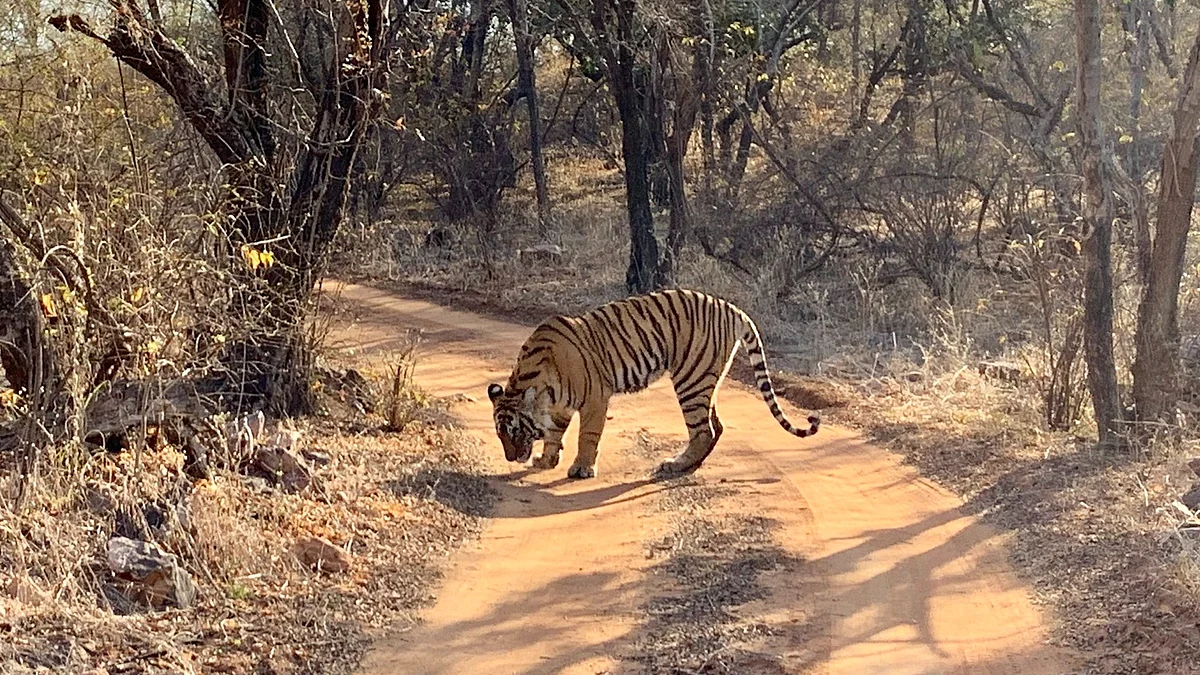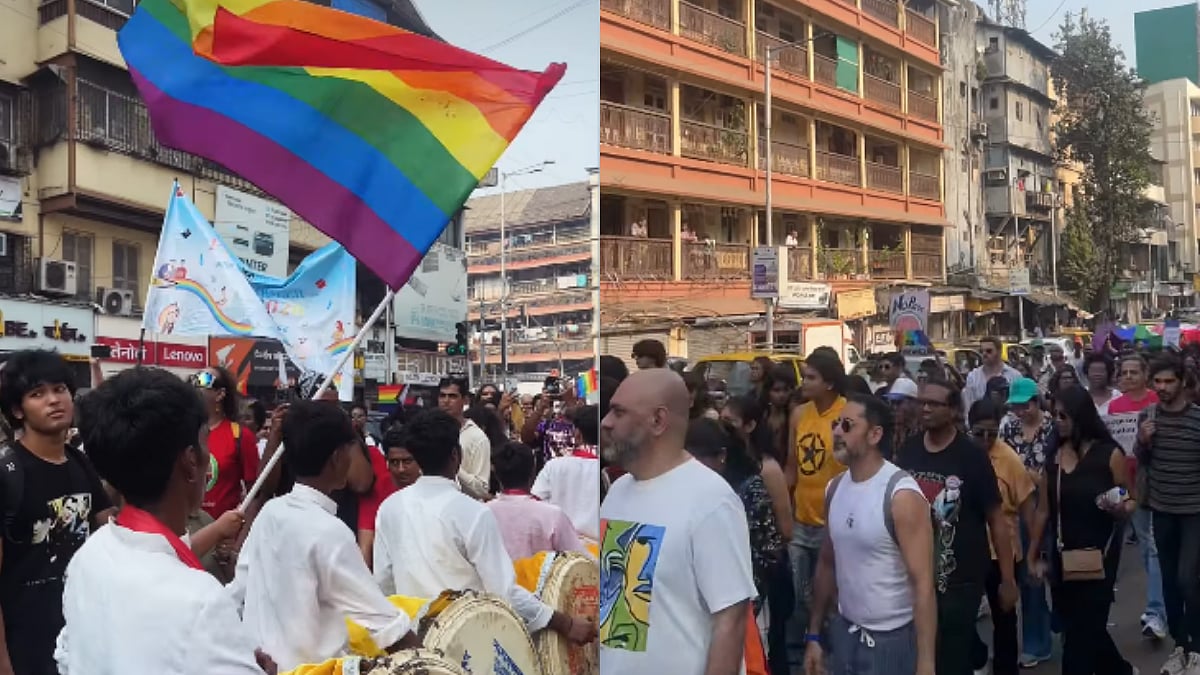The word “Pitru” refers to ancestors, and “Paksham” means fortnight. Here, Pitru Paksham refers to the fortnight that is the second half of Amanta Bhadrapada masa, which ends with the Amavasya. This is the waning fortnight and holds significance for ancestral karma amelioration and residual pacification.
When our ancestors move on from this physical realm of ours, the consciousness leaves the body. The body gets consumed by flames or left for the consumption of other jeevas that are soil-bound or water-bound. Some communities practise giving bodies to vultures. Whatever the means of closing the traces of physical existence, it does not really cut the karmic ties off. Till the pacification happens, tradition says that consciousness of the departed stays as the “preta”. When the act of pacification happens, it moves to the Pitru loka.
Pitrus of our three generations from the current are invoked in all offerings. The parental generation is Vasu, the grandparental generation is Rudra, and the great-grandparental is the Aditya category. Annually, there are many solemn days during which Pitrus are thought of, and some offerings in their name are made. For instance, “Amavasyas” and “Surya Sankramanams” are meant for the offering of “tarpanas”. The Pitru Paksha period is for a similar act. The offerings are done to Devatas, then Rishis, and finally to our Pitrus.
It is apt to remember that we owe many “runas”, meaning invisible debts. These are to Devatas, Rishis, and our own Pitrus. It is easier to appreciate the runa due to Pitrus. We got physical existence and received early nurturing by parents and grandparents, without which we would not have survived. Rishi runa comes from benefiting from the body of knowledge about our existence, traditions, and discerning. The documented wisdom is given to us by sages. For example, Veda Vyasa gave us the body of knowledge—the four Vedas, Ashtadasha Puranas and the Mahabharata. Similarly, other rishis have given samhitas, smritis, and stotras along with commentaries to many of the earlier works. Hence, it is the Rishi runa. Our entire existence is Divine Leela. Thus, the Deva runa is easier to comprehend.
The Pitru Paksha period is an opportunity for us for thanksgiving. When we offer gratitude, obstacles disappear, situations improve, and opportunities dawn. Better tomorrows shall follow.
About the author
Dr. S. Ainavolu is a Mumbai-based teacher of Management and Sanatana Dharma. Intent is NextGen’s learning and cultural education.





